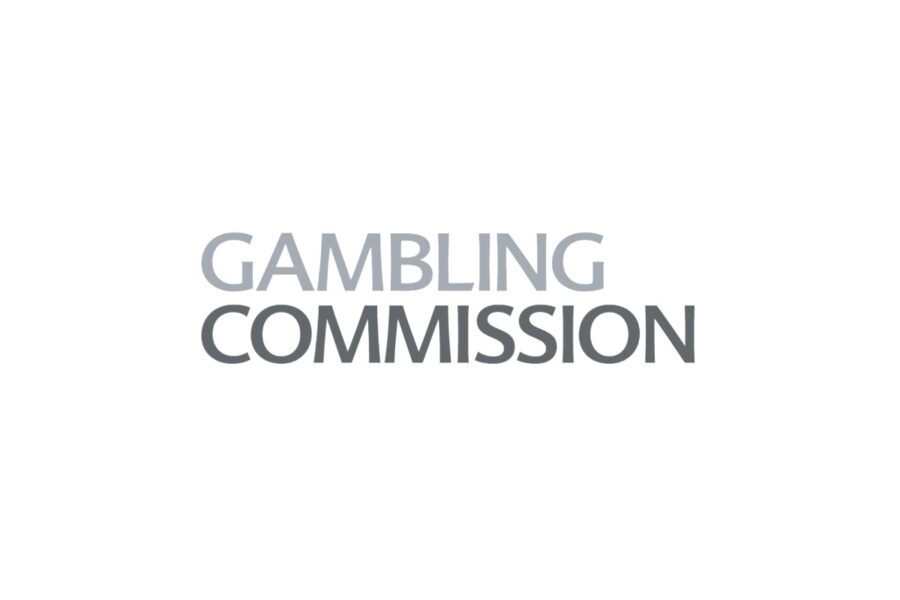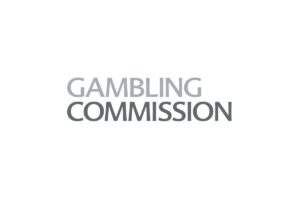British Gambling Commission sees 4% rise in online gambling revenue in Q3

The British regulator has published its industry figures for the third quarter.
UK.- The British Gambling Commission has published data on online gambling participation and revenue for the third quarter. Based on data from the largest operators, covering 80 per cent of the online gambling market, it noted a rise in slots and real event betting.
Online Gross Gambling Yield (GGY) was estimated at £1.3bn, up 4 per cent year-on-year. Online slots GGY was £618m, up 6 per cent and the highest quarterly total on record since the Gambling Commission began collecting quarterly data amid the Covid-19 pandemic in March 2020. Real event betting was particularly strong in December, with GGY doubling year-on-year to £196m.
Slots participation peaked at 4,206,392 accounts in December, up from 3,881,858 in December 2022. There was a 3 per cent increase in the number of slots sessions of over one hour but a fall in the average session length to 17 minutes.
Meanwhile, retail betting GGY was up 0.5 per cent at £563 million despite a 4 per cent drop in bets to £3.3bn. Bets on self-service betting terminals (SSBTs) were down by 10 per cent.
The Gambling Commission advised against making direct comparisons due to the potential impact of free bets. It also said it was investigating the categorisation of certain products “which may result in the changing of some data between verticals”. It said this “should have no impact on the overall totals.”
In November, the regulator opened its second round of consultations following the publication of the UK government’s gambling review white paper in April. It’s consulting on five areas for a period of 12 weeks, up until February 21, 2024.
Topics in the consultation are socially responsible incentives, with proposals to ensure free bets and bonuses do not encourage excessive gambling, customer-led tools such as deposit limits and proposals to increase the transparency for customers in cases where licensees provide no protection in the event of insolvency.
The other two areas are the removal of current requirements for financial contributions to research and treatment bodies (such donations will become obsolete under the government’s proposed mandatory levy on gambling operators) and a proposal to switch the frequency of regulatory returns from annual to quarterly.











